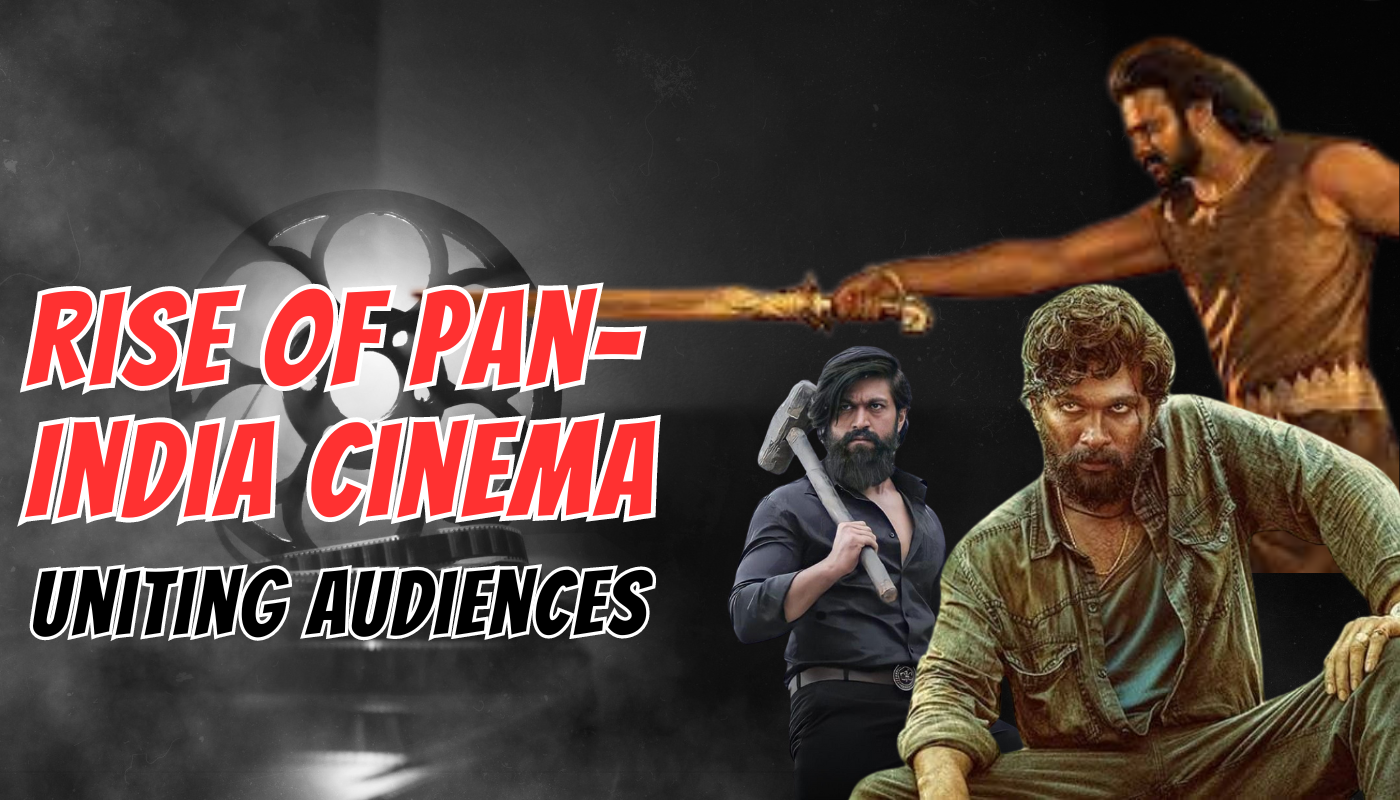
Film: Yatra
Director: Goutam Ghose
Cast: Rekha, Nana Patekar, Divya Palat, Nakul Vaid, Anandi Ghose, Romit Raaj
Rating: 2/5
It is particularly uncomplicated to term films lesser understood as those that are ‘art cinema’. For those who choose not to understand it, this makes for a rather simple slot to fit it in, you may sadly do so with Yatra.
For those who manage to take the time from worldly exhaustion, this film offers a unique blend of surrealism and at times, neo-realism. It has in it, an element of surprise and structured juxtapositions of scenes and time which is actually a relief when all you get to see usually is a whole bunch of recycled films.
This film allows you to either see a simple story or ignore it to live off the various intended or unintended metaphors it delivers.
Dasrath Joglekar (Nana Patekar), a prolific author is off to Delhi to receive an award for his book ‘Janaza’. His Travel companion during the train journey, Mohan (Nakul Vaid) is a devotee of Joglekar’s written word. During their conversations, ‘Janaza’ is discussed and the words are recreated into scenes, only the book believed to be a work of fiction, has in it volumes of truth. Shuttling between real time and memories, the movie progresses to tell the tale of Lajvanti (Rekha), a courtesan with a troubled past. She seeks refuge in her music and so does Joglekar, eventually everything catches up with real time and what trails is a knit yarn of love, life, family and a whole lot of memories.
This film for sure is not the commercial ‘masala’ you’ve been used to since time immemorial. This film, on the pretence of being a commercial plot, addresses various issues like the voyeurism of society and how it has turned to being a bazaar, it addresses the complexity of relationship and the pseudo nature of our society. Kudos to Ghose for writing this film and carrying it off well.
The film is not flawless, for on the whole, it fails to be an entertaining film. It at times, meanders into a tangent that is too inconsequential to the main storyline, and seems as though a point was trying to be delivered while the main plot was kept on a hold. At times, the story even seems like a sermon, focusing on the voyeuristic nature of our society. However, the film has to it a quality of passion and the spirit of filmmaking as compared to the generated and scientific attitude it has assumed today.
While the direction is remarkable, the cinematography shifts from being wonderful to simply mediocre. Some scenes are breathtakingly framed and lit while some seem shoddy and weak. Like the scene where Lajvanti is seen sitting before the mirror and Reddy is coaxing her, the framing is so well done that all the profiles of the actors and expressions are captured simultaneously. The following one has Reddy rushing out after Lajvanti and the entire screen is flushed with red, and seems rather distasteful. These contradictory cinematic juxtapositions leave you wondering, what is it that they were heading at?
The digitisation and effects at certain places seem visibaly generated, rather than natural. But then at other points, they do far more for the film, especially in making more appealing and rich.
Khayyam and Ghose’s score in the film is haunting and the placement is exemplary. It’s almost lyrical in the manner the scene follows with the score playing. Rekha lights up the screen each time she performs at a new number from the film. But then there is nothing much even the music can do when the dialogues are delivered. The dialogues are rather feeble, they fail to create an impact or even have you take notice. The exchange of words between characters falls flat and seems as though other factors were far more concentrated upon as compared to creating lyrical and poignant lines the actors could deliver.
It is in moments like these you wonder if with such weak dialogues the actors leveraged their best performance. Rekha who is synonymous with Great Talent, manages to deliver a brilliant performance. Each expression is unlike any you have seen in any of her other films; she dances with élan and delivers with panache. Nana Patekar, like always, delivers a first class performance, however, at times seems lost in his own act. Dipti Naval, as Smita (Nana patekar’s wife), with her heartrending show, brings a smile to your face, satisfied to just know that acting is an innate art. Anandi Ghose and Romit Raaj as Joglekar’s kids are just about ok, they do nothing for the film nor do they render a memorable performance.
While the film might not create wonders at the box office, as it will not leave you with the urge to go for it in the first place simply due to the missing ‘masala’ factor. This concept of a multi layered plot does not get a great welcome from many, which is perhaps why many filmmakers do not dare to make films like these. For me, this one makes for a great watch, simply for the passion it has been made with, which is visible in every frame and scene.



